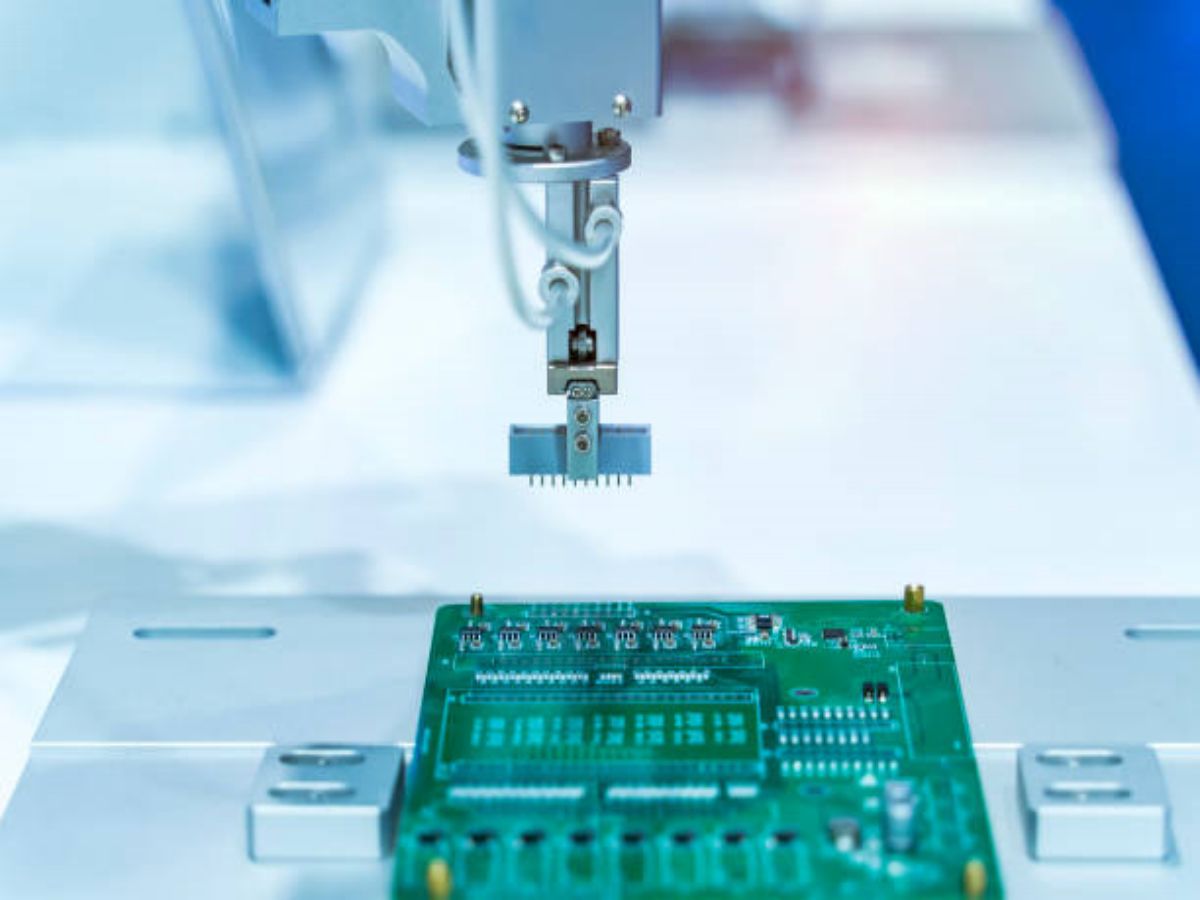Table of Contents

The Basics of inductance power
Inductance power is a crucial concept in the field of electrical engineering that plays a significant role in various applications. Understanding the fundamentals of inductance power is essential for professionals and enthusiasts alike. In this article, we will delve into the key aspects of inductance power, its applications, and the importance of this phenomenon in electrical systems.
What is Inductance Power?
Inductance power refers to the amount of electrical power that is stored in an inductor. An inductor is a passive electronic component that resists changes in current flow. It consists of a coil of wire wound around a core material, which can be air, iron, or other magnetic materials. When a current flows through an inductor, it generates a magnetic field, which in turn stores energy in the form of inductance power.
Understanding Inductance and Inductors
Inductance, denoted by the symbol 'L', is a measure of an inductor's ability to store energy in its magnetic field. It is measured in units called henries (H). The higher the inductance value, the more energy an inductor can store. Inductors are widely used in electrical circuits for various purposes, such as filtering, energy storage, and impedance matching.
Calculating Inductance Power
The amount of inductance power stored in an inductor can be calculated using the formula P = 0.5 * L * I^2, where P is the inductance power in watts, L is the inductance in henries, and I is the current flowing through the inductor in amperes. It is important to note that inductance power is proportional to the square of the current and the inductance value.
Applications of Inductance Power
Inductance power finds numerous applications in various fields, including electronics, power transmission, and renewable energy. Let's explore a few key applications:
1. Inductive Power Transfer
Inductive power transfer is a wireless charging technology that utilizes the principles of inductance power. It is commonly used for charging electric vehicles, smartphones, and other portable devices without the need for physical connections. Inductive power transfer systems consist of a transmitting coil and a receiving coil, which transfer energy through a magnetic field.
2. Inductor-based Power Supplies
Inductors play a vital role in power supply circuits, particularly in switch-mode power supplies (SMPS). They help regulate the flow of current and smooth out voltage fluctuations, ensuring stable and efficient power delivery. Inductors in power supplies also help filter out high-frequency noise and prevent it from affecting sensitive electronic components.
3. Renewable Energy Systems
Inductance power is crucial in renewable energy systems, such as wind turbines and solar power plants. Inductors are used in these systems to convert and control the generated power before it is fed into the electrical grid. They help optimize power output and ensure compatibility with the grid's voltage and frequency requirements.
4. Inductive Load Control
Inductance power is also utilized in controlling inductive loads, such as electric motors and solenoids. Inductors are employed in circuits that control the speed, direction, and torque of motors, ensuring smooth operation and preventing voltage spikes or current surges that could damage the equipment.
5. Inductance Power Factor Correction
In power distribution systems, inductance power factor correction is crucial to improve overall system efficiency. Power factor correction capacitors are used in conjunction with inductors to balance reactive power and reduce power losses. This helps optimize energy usage, reduce electricity bills, and improve the lifespan of electrical equipment.
The Importance of Inductance Power in Electrical Systems
Inductance power is of paramount importance in electrical systems due to its impact on overall system performance, efficiency, and safety. Understanding and managing inductance power is essential to ensure proper functioning of various electrical devices and systems. By utilizing the principles of inductance power, engineers and designers can optimize energy usage, improve power quality, and enhance the reliability of electrical systems.
Conclusion
Inductance power is a fundamental concept that plays a crucial role in various applications within the field of electrical engineering. Whether it's wireless charging, power supplies, renewable energy systems, or motor control, inductors and inductance power are at the heart of these technologies. By gaining a comprehensive understanding of inductance power, professionals and enthusiasts can harness its potential to create innovative solutions and drive advancements in the field of electrical engineering.
